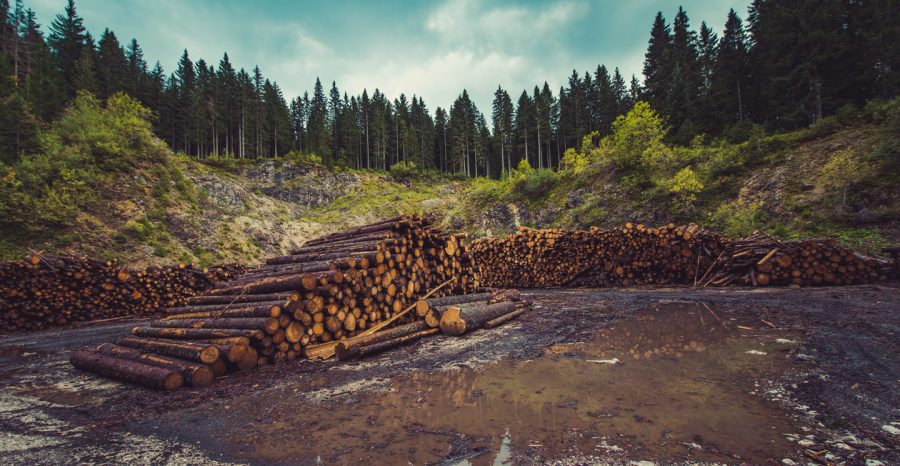This story is fictional and part of a series called “A Greener Future.” It is a prediction of what the global environment may look like 10 years from now. This story is based on present day data and available evidence.
I’m walking through a forest plush with greenery, animals roaming freely and trees as far as the eye can see. I’m writing from a world where we realize the impacts of deforestation. From a time when the forests are left alone and the tropics host all walks of animal and plant life.
Forests are vital to the Earth for a variety of reasons.
Over half of the world’s land-based plants and animals call forests home, and having plentiful forestry is vital to the survival and well-being of these plants and animals. Animals can either thrive off their environment or be neglected by it. For example, when birds are supplied with trees to fly back and forth from they are thriving. When trees are stripped from their habitats, they are being neglected.
Forests also have a big influence on rain patterns. Rainforests specifically contribute to rainfall through transpiration when water moves through a plant and releases into the plant’s leaves, flowers and stems.
According to Global Forest Watch, in 2018, Wisconsin had natural forests extending over 42% of its land area – from 2001 to 2020 Wisconsin lost 5.6% of its tree cover.
Since trees absorb and store carbon dioxide, the process of deforestation causes a major release of carbon dioxide and greenhouse gasses into the air. As more trees were cut, our air becomes more polluted.
A study was conducted in 2019 by the Institute for Health Policy Studies which analyzed the impact of deforestation-related fires and their impact on people’s health. During 2019 in the Amazon region, there were 2,195 hospitalizations due to respiratory illness as a result of the fires.
The health implications of air pollution and deforestation-related fires were an alarming issue.
In 2022, damage and loss were responsible for 10% of all global warming.
A 2020 analysis conducted by the Zoological Society of London found that more than half of the 100 most significant tropical timber and pulp companies did not make a commitment to protecting biodiversity – only 44% committed to no deforestation efforts by then. As of the year 2021, forests covered about 31% of the world’s land area, but were disappearing very quickly. Many major companies were to blame for not doing more to commit to climate protection.
Some of these companies include Cargill, IKEA, Starbucks and McDonald’s.
Back in 2021, Walmart was named one of the major companies responsible for deforestation according to Earth.org. The company had set zero deforestation goals for the year 2020 and also had no system to monitor the origin of forest-risk commodities such as pulp and paper. In 2021, Walmart said that deforestation efforts were “not an immediate business priority” for the company.
When companies as major as Walmart were making no conscious effort to assess their contribution to climate issues and deforestation, they were taking an immense toll on the environment. Luckily now, companies have been forced to see the error in their ways, and by federal mandate must create systems to assess their contribution to deforestation.
Now, companies are more aware of their contribution to deforestation. We hold companies responsible for their contributions to deforestation and implement legitimate change, we combat the climate issues that used to exist. Companies can produce, thrive and earn profit while still preserving the environment. By setting goals to source products and resources without committing deforestation, companies can contribute to a better climate.
In 2021, some world leaders made a promise to end deforestation by the year 2030. U.K. Prime Minister Boris Johnson spoke at a meeting of more than 100 world leaders committing to end deforestation and said, “We have to stop devastating the loss of our forests.”
Overall, because of the cutback on deforestation, we are living in a better world. A world where I can write to you from a plentiful forest. A world where the greenhouse gas emissions are lower and the trees grow higher.
Deforestation’s effect on climate change is immense. Since we have made a continued effort to combat deforestation and create a more viable environment, life will continue to improve if we continue our effort against deforestation.
This story was written by Grace Cady. She can be reached at [email protected]



